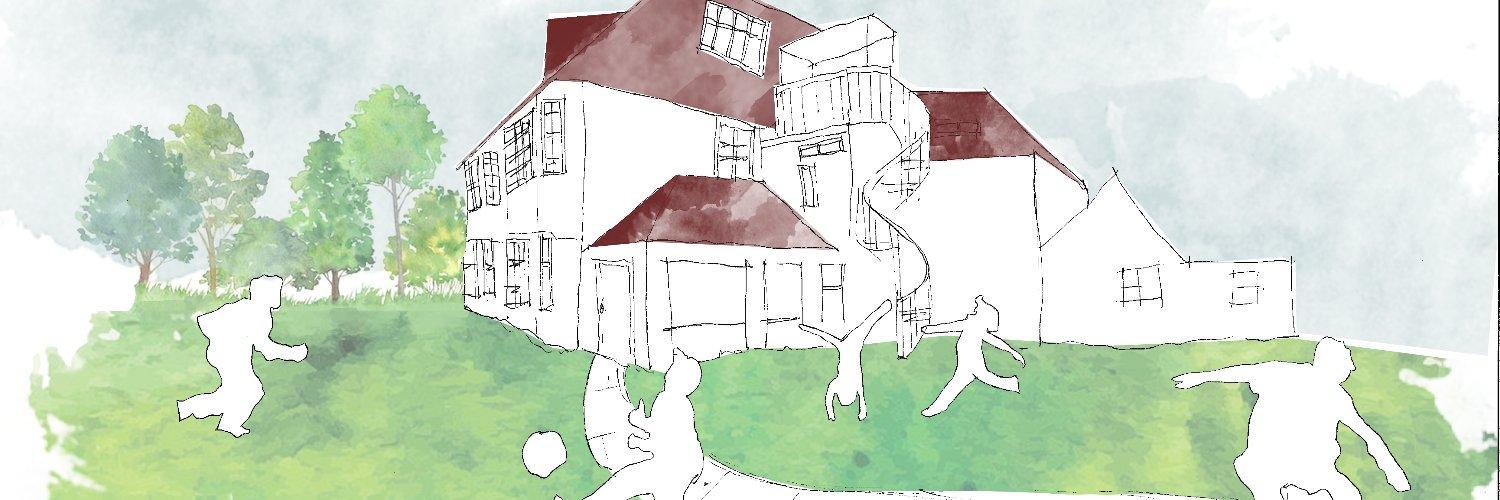
In a sector often defined by crisis and systemic challenges, the Lighthouse Pedagogy Trust has emerged as a beacon of hope and a model for profound, positive change. This UK charity is not just another provider of children’s homes; it is a meticulously designed social enterprise committed to revolutionizing residential care by placing the child's well-being, education, and long-term potential at the absolute core of its mission. Its entire philosophy is built on the principle that children in care deserve the same opportunities as their peers, a belief driven by the deep-seated conviction that the system, not the child, is what needs to change.
The genesis of the Lighthouse Pedagogy Trust is a powerful story of lived experience and professional insight. Its founder, Emmanuel Akpan-Inwang, was a Teach First graduate who taught English at a secondary school in Birmingham. In his role as a teacher, he became acutely aware of a disturbing disparity: children in care, despite often having better-than-average school attendance, were still falling far behind their peers in terms of educational outcomes. He discovered that a staggering 4% of children living in children’s homes gained five or more A*-C GCSEs, compared to a national average of 60%. This stark statistic revealed a system failing its most vulnerable members, leading to higher rates of homelessness, unemployment, mental health difficulties, and even prison sentences later in life.
Haunted by these findings, and drawing on his own experiences of being in care as a child, Akpan-Inwang embarked on a two-year journey. He travelled to Denmark and Germany, where he met with frontline staff and studied the systems of residential care in countries with significantly better outcomes for children. What he found was a different philosophical approach to care, one that was not rooted in an "off-the-shelf" procedural model but in a humanistic and relationship-based framework known as Social Pedagogy. This discovery was the catalyst for the Lighthouse model.
In 2017, Akpan-Inwang founded the Lighthouse Pedagogy Trust with a group of like-minded former teachers. Their collective belief was that by building excellent children’s homes based on the principles of social pedagogy, they could not only transform the lives of the young people in their care but also influence the wider sector to adopt a more compassionate and effective approach.
The Lighthouse model is built on four interconnected pillars that guide every aspect of its work:
The Lighthouse Pedagogy Trust's journey has been significantly supported by its partnership with Catch22, a large and established social business. From its inception in 2017, Lighthouse was "incubated" by Catch22, receiving a tailored program of support that included operational depth, network access, and expertise. This collaboration was crucial for a new charity with an ambitious mission. It provided a secure environment for Lighthouse to develop its innovative model, allowing it to benefit from the resources and experience of a larger organization while maintaining its entrepreneurial autonomy.
The partnership also reflects a shared vision to not only open exceptional children's homes but to influence wider systemic change. By proving that a non-profit, high-quality, and cost-effective model of care is possible, Lighthouse hopes to challenge the status quo and encourage the residential care sector to adopt more ethical and effective practices. This is a mission that goes far beyond a single home; it is about creating a replicable model that can be scaled to transform the entire system.
The Lighthouse Pedagogy Trust's first home, The Treehouse, opened in Sutton, London, and has already begun to demonstrate the power of its model. An independent inspector noted that the home feels like a "warm family home" where the focus on "building loving relationships shines through and is making a huge impact on the outcomes of the children who live here." This early feedback validates the organization’s relationship-based approach.
The challenges in the UK's residential care sector are immense, from high staff turnover and limited training to poor educational outcomes and a lack of stable placements. Lighthouse is a direct response to these issues. By investing in its people, creating a nurturing environment, and implementing a proven pedagogical philosophy, it is demonstrating that a different, better way of caring for children is not only possible but urgently needed. The Trust has ambitious plans to open two more children's homes by 2026, and they are committed to sharing their learning and influencing policy to ensure that every child in care has the chance to thrive and achieve their full potential. The Lighthouse Pedagogy Trust is not just a building; it is a movement, proving that with the right approach and unwavering commitment, the future for vulnerable children can be much brighter.